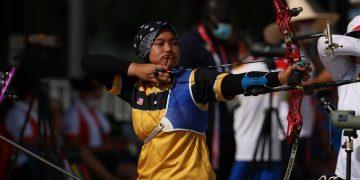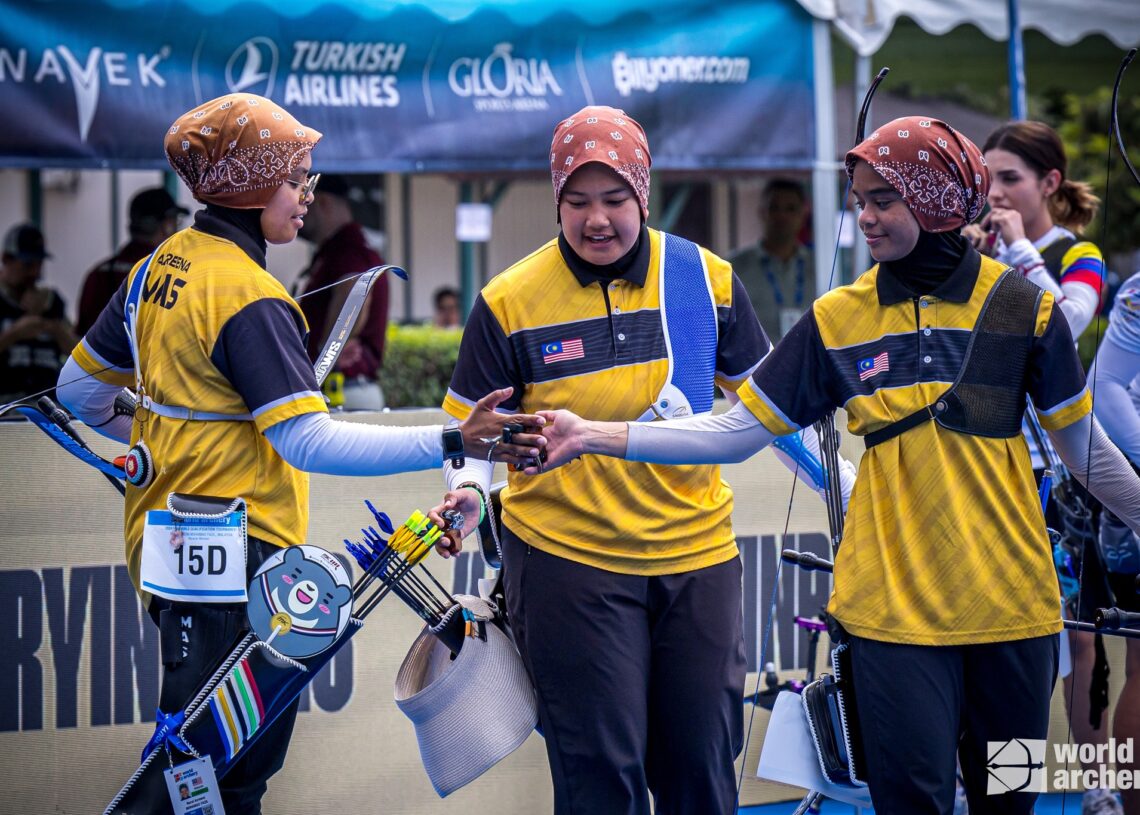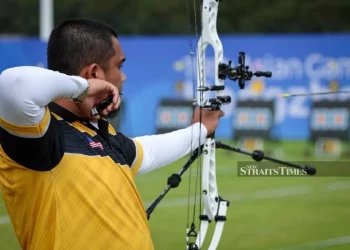As a parent, you hold a unique and powerful influence over your child’s growth—both as a person and as an athlete. Regardless of whether their goals are lofty or modest, your role in their journey can shape their experience profoundly. It’s natural to want to guide them, to ensure they are making the “right” choices to maximize their potential. But be cautious—over-involvement can unintentionally stifle their love for the sport, heighten their stress, and strain your relationship with them.
We’ve all been there—frustrated when our child repeats mistakes or doesn’t seem to meet expectations. The time and money you invest in their athletic pursuits can sometimes lead to a temptation to micromanage. However, when this becomes the focus, the joy of the sport fades. Remember: your words and actions can either uplift your child or weigh them down. Don’t be the parent whose pressure leads to fear of failure or resentment. Instead, be the parent who nurtures resilience, independence, and love for the game.
The Exception Myth
You may admire stories of athletes raised under rigorous, high-pressure regimes—Tiger Woods (golf), the Williams sisters (tennis). While their success is undeniable, it’s impossible to know whether they could have thrived just as well in a more nurturing environment. Exceptional stories are rare by definition, and assuming your child is “the exception” may blind you to alternative approaches that foster not only success but also joy and balance.
Consider, for instance, athletes raised in more supportive and encouraging ways. The truth is, a nurturing approach often doesn’t make headlines, but it builds strong, well-rounded individuals.
What Your Child Really Needs
At their core, children need your unconditional love. This seems obvious, yet it’s easy to lose sight of when their journey as an athlete becomes consuming. Always remember: you are a parent first, and they are your child first. They need to know, without a doubt, that your love does not depend on their performance.
This foundation allows them to take risks, learn from failures, and grow without fear of disappointing you. Be their emotional anchor, listening when they feel overwhelmed or stuck. Resist the urge to solve their problems—your presence and support are what they need most.
Help them build life skills, too. Teach them the importance of good nutrition by modeling healthy habits. Encourage independence by involving them in preparing meals or managing their schedules. Your guidance can also extend to practical matters like money—help them appreciate the value of resources without adding pressure.
Supporting Their Journey
Your support often manifests in simple, practical ways: driving them to training or competitions, waiting patiently, or being a source of calm encouragement. Use travel time as an opportunity to connect—listen to a podcast, share a laugh, or let them vent about their day. These small moments can strengthen your bond and show them that their well-being matters more than their achievements.
When it comes to their sporting performance, let them take the lead. Avoid nagging or pressuring them about training—it can extinguish their passion. Instead, support their dedication and celebrate their effort and attitude, regardless of results.
Encourage a growth mindset, teaching them to see setbacks as opportunities to learn. Praise their perseverance, not just their talent. Help them develop resilience by guiding them through challenges without taking over.
Building Self-Confidence
Confidence is fragile, and your words and actions play a significant role in shaping it. Avoid making critical or embarrassing comments about their performance, even as a joke. Such moments may seem insignificant, but they can leave lasting scars. Instead, foster an environment of positivity and respect, where they feel safe to grow and explore their potential.
Teach them to respect coaches, officials, and teammates, and model that behavior yourself. Your attitude toward others sets an example they’ll carry into adulthood.
A Holistic Journey
Sports are about more than winning—it’s about shaping well-rounded, resilient individuals. Few young athletes will go on to become Olympians, but the skills and values they gain through sports can last a lifetime. If your child decides to step away from their sport, ensure they leave with a legacy of positive experiences, strong character, and cherished memories.
Most importantly, acknowledge your own mistakes. Apologize when needed. Show humility. These moments of vulnerability teach your child that it’s okay to be imperfect, and they will respect you for it.
Your ultimate role is to love your child unconditionally, guide them with care, and create an environment where they can thrive, both in sports and in life. Every day, remind yourself of the parent you aspire to be—one who nurtures a legacy of joy, growth, and resilience. Be proud of the journey, and take pride in the example you set.




















